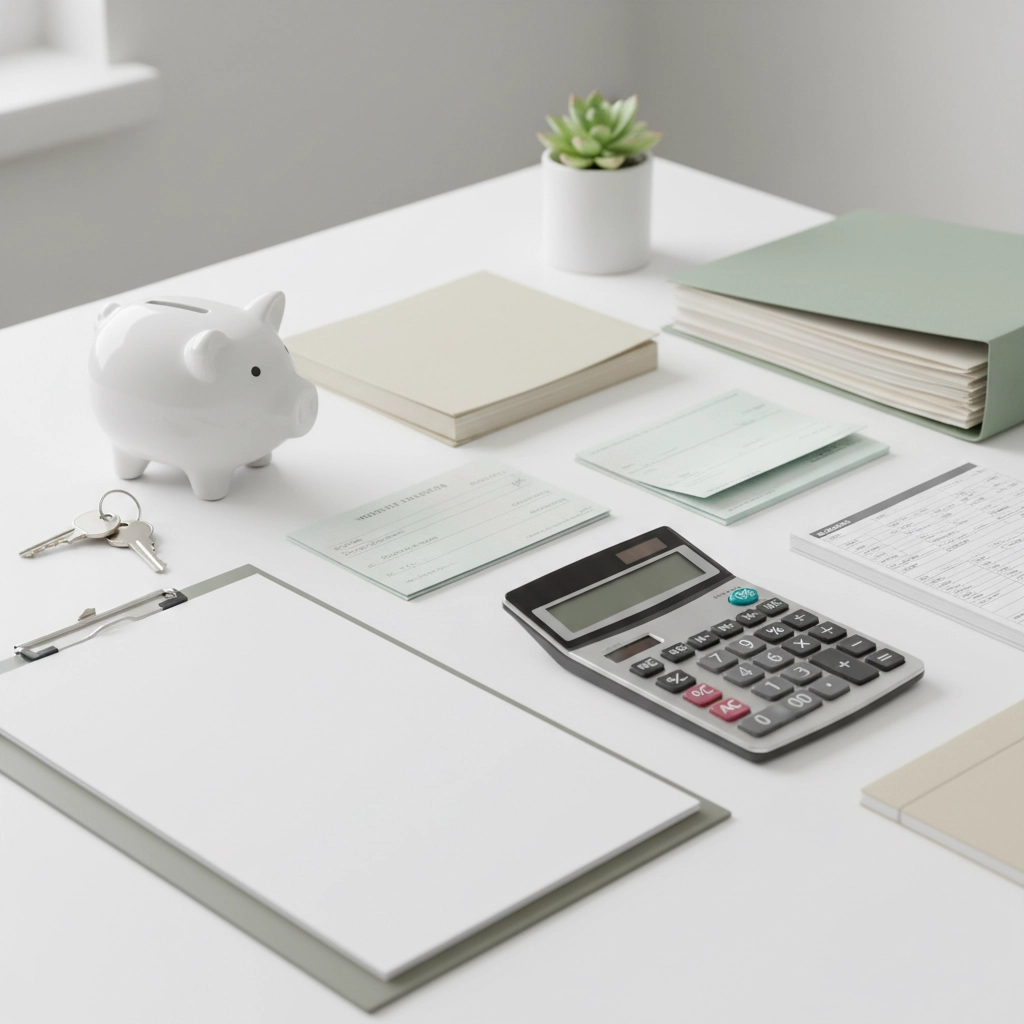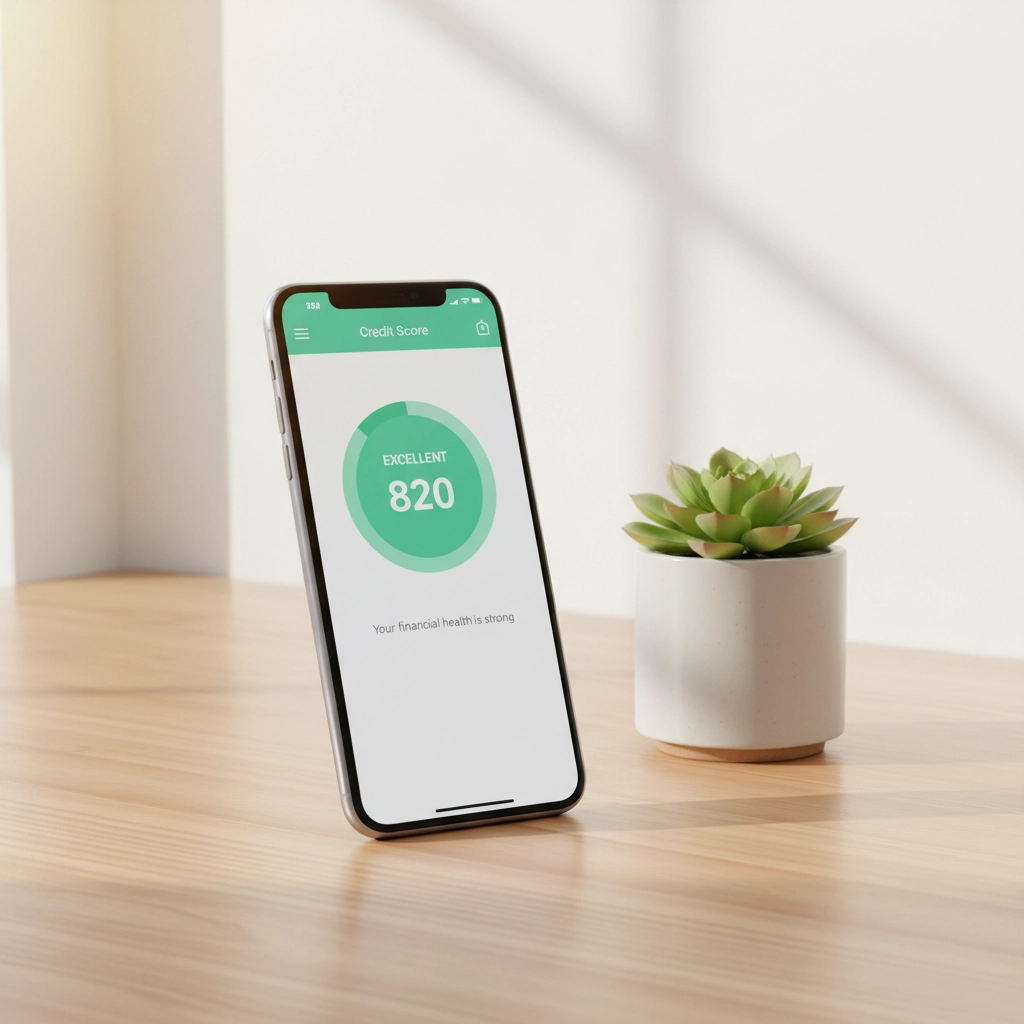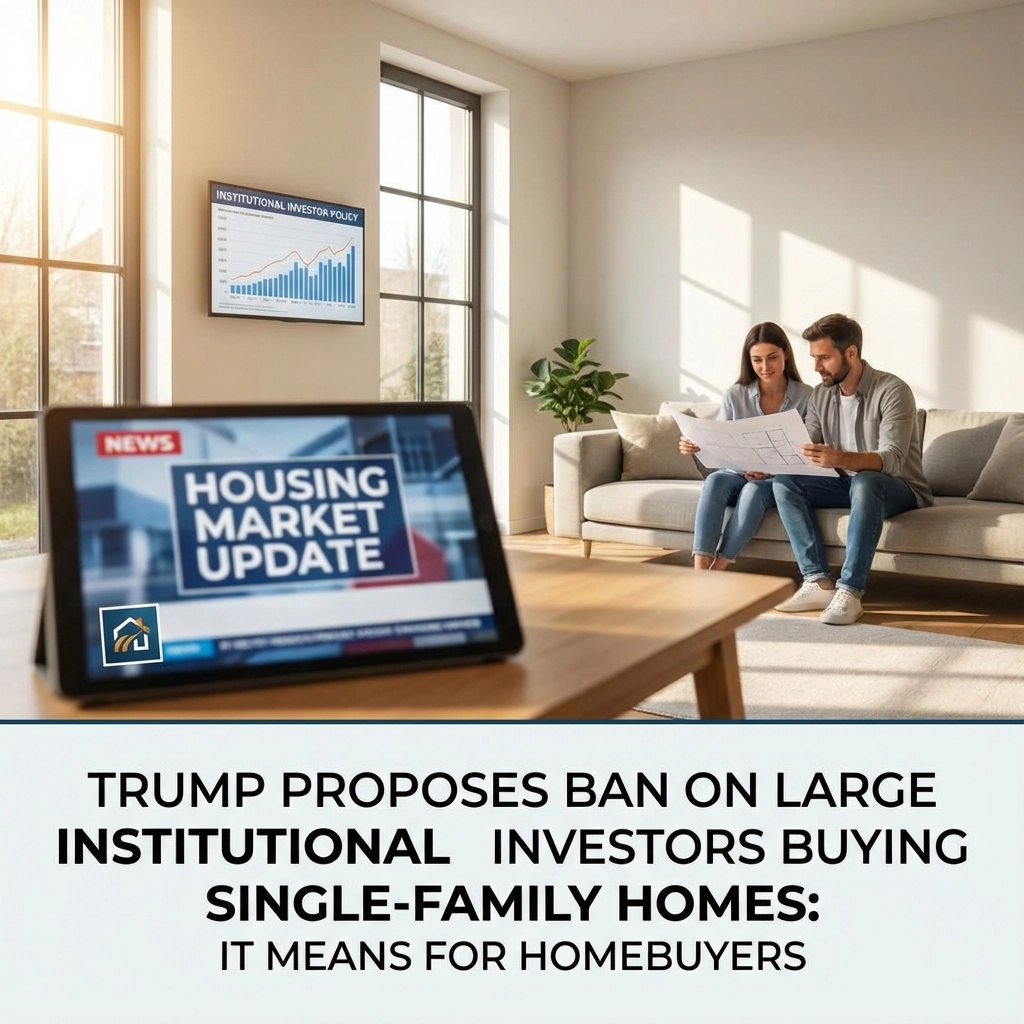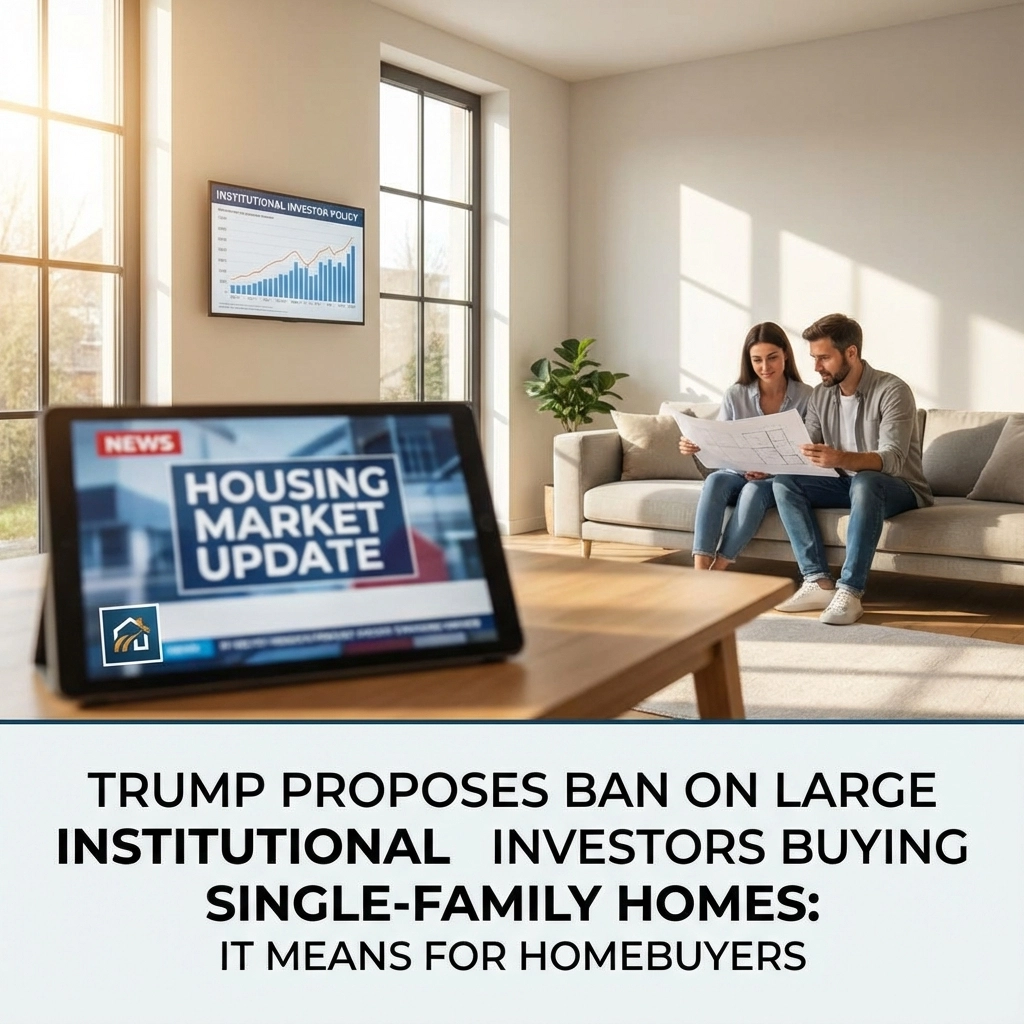If you've been house hunting lately, you've probably felt the frustration of competing against well-funded…
Stop Waiting for the 'Perfect' Rate: 5 Signs It's Actually the Right Time to Buy Your First Home
Let's be honest, waiting for the "perfect" mortgage rate is like waiting for your favorite pizza place to never have a line. It sounds great in theory, but you'll probably starve while you're waiting. I've watched countless first-time buyers put their dreams on hold, convinced that if they just wait another month (or year), rates will magically drop to some mythical "perfect" number.
Here's the thing: there's no such thing as a perfect rate. What matters more is whether you're actually ready to buy. And if you're checking off these five signs, you might be more ready than you think, regardless of what the interest rate gods are up to this week.
Sign #1: You've Got That Steady Paycheck (And It's Not Going Anywhere)
Before we dive into rate-chasing, let's talk about the foundation of homeownership: reliable income. If you've been consistently employed for at least two years and feel confident about your job security, that's a huge green flag. Lenders love stability almost as much as they love paperwork (and trust me, they really love paperwork).
Your employment history tells a story. If that story is "I've been crushing it at the same company for three years" or "I switched jobs but stayed in the same field and got a raise," you're golden. But if your story reads more like "I've had seven different careers in the past two years and I'm currently exploring my passion for artisanal candle-making," maybe pump the brakes a bit.
The key here is predictable income that can handle a mortgage payment month after month. Remember, unlike rent, you can't just move out if things get tight, you've got a mortgage to feed, and it gets hangry when you're late.
Sign #2: Your Financial House Isn't Built on Toothpicks
Having money for a down payment is great, but it's not the whole picture. You need what I like to call a "financial safety net that's actually safe", not one of those circus nets that looks sturdy but hasn't been inspected since 1987.
Here's what your financial foundation should look like:
Down Payment: Ideally 20% to avoid PMI, but don't let perfect be the enemy of good. Many programs allow for much less, especially for first-time buyers.
Closing Costs: Usually 2-5% of your home's price. Yes, it's another chunk of money, and no, you can't pay with Venmo.
Emergency Fund: At least 3-6 months of expenses sitting in savings. This isn't "fun money", it's "oh no, the water heater just exploded" money.
Moving and Initial Expenses: New homes have a sneaky way of needing things immediately. Budget for at least a few thousand in initial expenses.
The golden rule? If buying a house would drain every penny from your accounts, you're not ready. You want money left over, because homeownership has a way of surprising you with unexpected costs (usually right after you've gotten comfortable with your monthly payment).
Sign #3: Your Credit Score Isn't Embarrassing at Family Dinners
Your credit score is like your financial report card, except this one actually matters after graduation. If your score is 740 or higher, you're in the VIP section of mortgage rates. If it's in the 600s, you can still get a loan, but you'll pay more for the privilege.
The good news? Unlike your high school GPA, you can actually improve your credit score. Pay down credit cards, don't close old accounts, and for the love of all that's holy, don't go on a shopping spree right before applying for a mortgage. Lenders get nervous when they see you've suddenly decided you need a $5,000 outdoor pizza oven.
A solid credit score gives you negotiating power and better loan terms. It's the difference between getting a good deal and getting whatever scraps are left at the bottom of the mortgage barrel.
Sign #4: You're Not Planning Your Great Escape in 18 Months
Here's a question that'll save you some heartache: Are you planning to stick around for at least five years? If you're eyeing the door after two years, you might want to keep renting.
Buying and selling homes isn't like trading Pokemon cards. There are real costs involved: realtor commissions, closing costs, moving expenses, and the time and stress of actually selling. You need enough time to build equity and offset these costs, or you could end up losing money on what should be an investment.
Think about your life realistically. Are you in a serious relationship that might lead to relocating? Climbing the career ladder in a way that might require moves? Planning to start a family soon? These aren't reasons not to buy, but they are factors to consider when timing your purchase.
If your five-year plan includes staying put and your current rent could be going toward building equity instead, that's a pretty compelling argument for buying now rather than waiting for rates to drop another quarter point.
Sign #5: Your Rent Check Feels Like Money Getting Flushed Down the Drain
This one hits different for everyone, but you'll know it when you feel it. It's that moment when you write another rent check and think, "I could have paid down a mortgage with this money." Or when your landlord raises your rent for the third time in two years and you realize you're just funding their retirement while getting nothing to show for it yourself.
Let's talk numbers for a second. The average rent across the country is sitting around $1,642 right now. That's nearly $20,000 a year that disappears into the rental void, never to be seen again. Meanwhile, every mortgage payment builds equity: it's like a forced savings plan that comes with the bonus of having your own place.
Don't get me wrong: renting isn't evil. It offers flexibility and freedom from maintenance headaches. But if you're feeling trapped by rising rent costs and you're checking off the other signs on this list, it might be time to redirect those monthly payments toward something you'll actually own.
The Math That Matters More Than Perfect Rates
Here's what most people don't realize: you can always refinance if rates drop significantly, but you can't recapture years of lost equity while you wait on the sidelines. Let's say you wait two years for rates to drop from 7% to 5.5%. Sounds smart, right?
But during those two years, you've paid roughly $40,000 in rent (using that national average), and home prices have likely increased. Even if you get that lower rate, you might be looking at a higher home price that wipes out your savings: plus you've missed two years of building equity.
The "perfect" rate is the one you can afford when you're actually ready to buy. Everything else is just market timing, and even the experts can't predict that consistently.
Ready to Stop Waiting?
If you're nodding along to most of these signs, you're probably in better shape to buy than you think. The housing market isn't going to wait for you to feel 100% ready (spoiler alert: you'll never feel 100% ready for any major life decision).
The key is being financially prepared and emotionally ready, not having the perfect market conditions. Rates will fluctuate, home prices will change, and there will always be another "what if" scenario to worry about.
At Affinity Group Mortgage, we've helped plenty of first-time buyers navigate this decision, and here's what we've learned: the best time to buy is when you're prepared for homeownership, not when the financial media declares it's a "good time to buy."
Ready to stop waiting and start building equity? Get a quote and let's see what you qualify for. You might be surprised by how ready you actually are.








